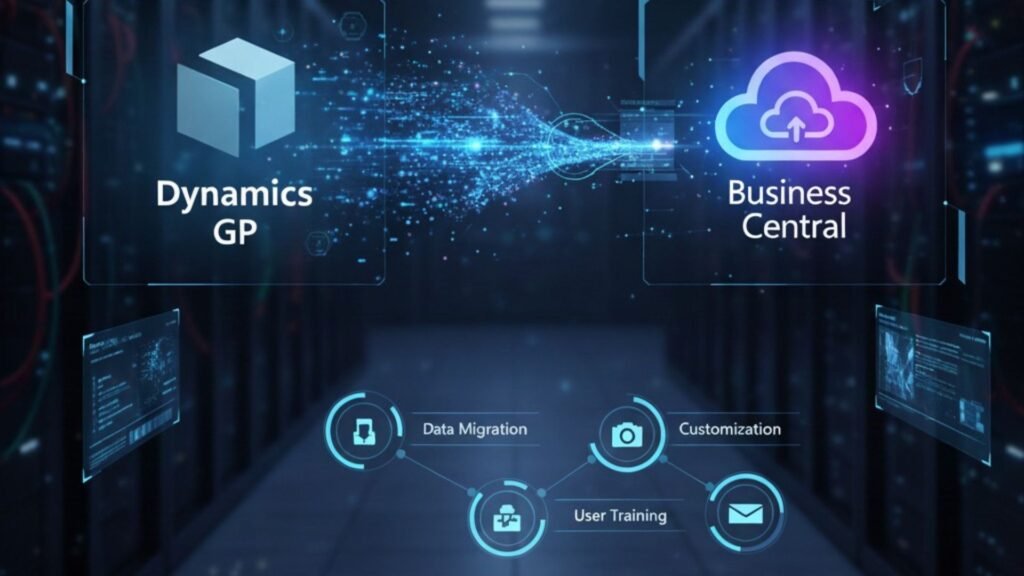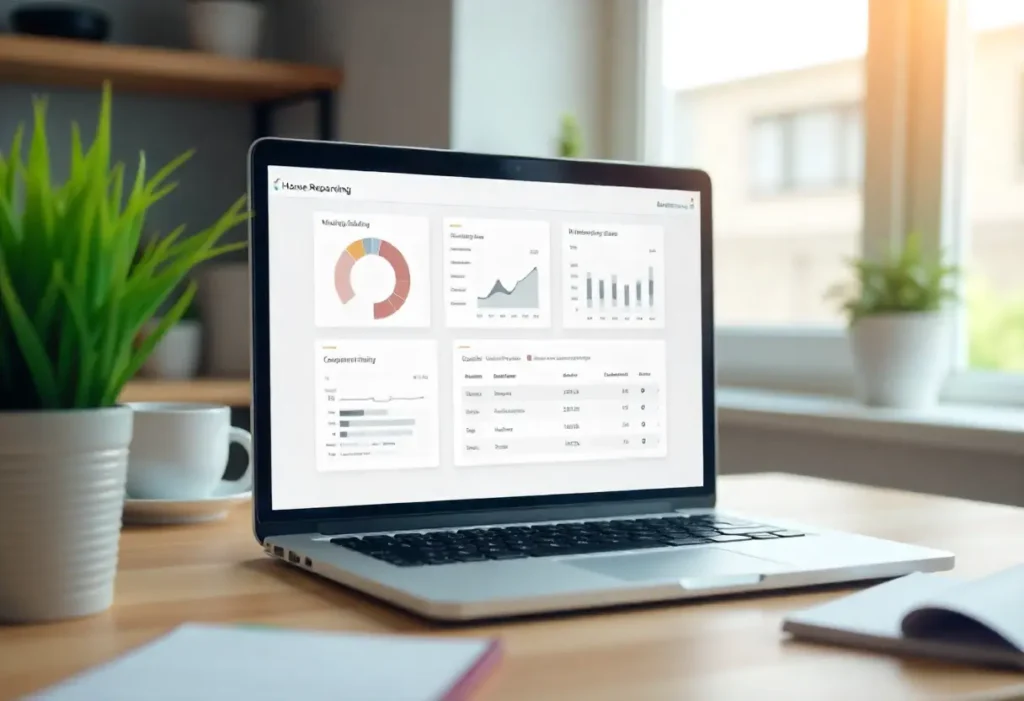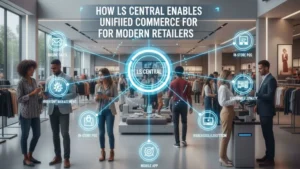ERP Support Outsourcing: A Case for Cost Reduction in the U.S.
In today’s fast-paced business environment, companies across North America are constantly seeking ways to reduce operational costs while maintaining efficiency and innovation. Enterprise Resource Planning (ERP) systems, particularly Microsoft Dynamics 365, have become central to this mission by streamlining operations, enhancing decision-making, and enabling scalability. However, with ERP systems come challenges—chief among them being support and maintenance costs. Many businesses in the U.S. and Canada are now turning to ERP support outsourcing as a strategic move to lower expenses while ensuring robust performance. Whether you’re working with a Dynamics 365 Business Central Partner in Canada, collaborating with a Microsoft Dynamics 365 Partner in Canada, or evaluating ERP consulting options, outsourcing ERP support offers clear financial and operational benefits. In this article, we’ll explore why outsourcing ERP support is becoming the preferred choice, how it reduces costs, and what role trusted partners play in ensuring ERP success. The Rising Cost of ERP Support Implementing ERP solutions like Microsoft Dynamics 365 is a significant investment. While the upfront implementation cost is substantial, ongoing support and maintenance often account for an even larger portion of the ERP lifecycle expenses. Some of the key cost drivers for ERP support include: Outsourcing ERP support addresses these challenges while enabling organizations to focus on their core business objectives. Why Outsource ERP Support? Outsourcing ERP support provides businesses with access to specialized skills, 24×7 availability, and cost-efficient solutions. Let’s break down the benefits: 1. Lower Labor Costs Hiring and retaining in-house ERP specialists is expensive. Outsourcing to a Microsoft Dynamics 365 Partner in Canada allows businesses in the U.S. to access top-tier expertise without the high salary burden. 2. Access to Certified Experts ERP outsourcing partners employ certified consultants with in-depth knowledge of Microsoft Dynamics ERP. This ensures quick troubleshooting, smooth upgrades, and efficient issue resolution. 3. Round-the-Clock Support Unlike in-house teams restricted by working hours, outsourced providers offer Microsoft Dynamics 365 Support Services in Canada with 24×7 coverage, ensuring business continuity. 4. Scalability & Flexibility Whether it’s a minor issue, a full ERP migration and implementation services in Canada project, or an upgrade to Business Central, outsourcing provides flexibility to scale services as needed. 5. Focus on Core Business By outsourcing ERP support, companies free up internal resources, allowing them to focus on strategy, growth, and customer engagement. The Role of Trusted Partners Outsourcing ERP support is only effective when businesses partner with the right experts. A reliable Dynamics 365 Business Central Partner in Canada or a Microsoft Dynamics 365 ERP implementation services in Canada provider ensures that businesses not only reduce costs but also improve efficiency and system performance. Trusted partners provide: Case Study: Consider a mid-sized manufacturing firm in the U.S. that was struggling with rising ERP maintenance costs. Their in-house IT team lacked the expertise to handle advanced Dynamics 365 upgrades and troubleshooting. By outsourcing support to a Microsoft Dynamics 365 Partner in Canada, the company: This example demonstrates the tangible ROI of outsourcing ERP support. ERP Migration and Implementation Services in Canada and the U.S. For many businesses, outsourcing doesn’t just stop at support—it also extends to ERP migration and implementation services in Canada and the U.S. Moving from legacy systems like Dynamics GP or NAV to Microsoft Dynamics 365 Business Central requires expertise, planning, and flawless execution. By partnering with an experienced ERP Consultant in Canada, companies ensure: This approach not only saves money but also accelerates digital transformation. Key Cost Reduction Strategies Through Outsourcing Outsourced ERP partners apply several strategies to optimize costs: Future of ERP Support Outsourcing in the U.S. With the growing adoption of cloud-based ERP solutions like Dynamics 365, outsourcing is no longer just an option—it’s becoming the norm. U.S. businesses recognize that outsourcing ERP support to trusted global partners offers cost-efficiency, scalability, and expertise that in-house teams often cannot match. By leveraging Microsoft Dynamics 365 Support Services in Canada, U.S. companies can focus on what matters most—innovation, growth, and customer satisfaction—while enjoying significant cost savings. FAQs on ERP Support Outsourcing Q1. Why should U.S. companies outsource ERP support to partners in Canada?Ans: Outsourcing to a Microsoft Dynamics 365 Partner in Canada provides cost-effective services, access to certified experts, and round-the-clock support compared to building an expensive in-house team. Q2. Can outsourcing partners handle ERP migrations as well as support?Ans: Yes. Many partners offer ERP migration and implementation services in Canada, ensuring seamless upgrades and transitions from legacy systems, such as GP or NAV, to Dynamics 365 Business Central. Q3. How does outsourcing improve ROI on ERP systems?Ans: Outsourcing reduces labor costs, ensures proactive maintenance, minimizes downtime, and improves system performance—directly enhancing ROI. Q4. Is ERP outsourcing secure?Trusted partners implement advanced security protocols, regular updates, and compliance standards to ensure data protection. Q5. What industries benefit most from outsourcing ERP support?Ans: Industries such as retail, manufacturing, logistics, finance, and healthcare benefit greatly due to their need for continuous system uptime and scalability. Conclusion ERP systems are critical to business success, but their support and maintenance costs can quickly spiral if not managed effectively. Outsourcing ERP support offers U.S. businesses a clear path to cost reduction, efficiency, and innovation. By partnering with a Dynamics 365 Business Central Partner in Canada, a Microsoft Dynamics 365 Partner in Canada, or an expert ERP Consultant in Canada, organizations can achieve significant savings while ensuring their ERP systems remain future-ready. Additionally, outsourcing opens doors to advanced Microsoft Dynamics 365 ERP implementation services in Canada, ensuring long-term digital transformation success.
ERP Support Outsourcing: A Case for Cost Reduction in the U.S. Read More »












